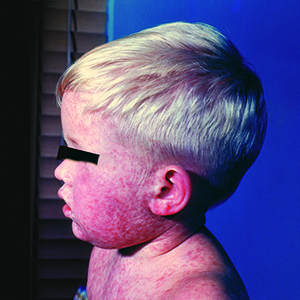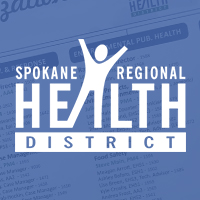How Healthcare Providers Can Help Stop Measles Outbreaks
From Jan. 1, 2019 through April 4, 2019, over 465 individual cases of measles have been confirmed in 12 states, already surpassing the entire years’ totals for seven of the last nine years. Public health is asking for healthcare providers’ help to ensure all patients are up to date on their MMR vaccinations. Parents trust the expertise of their doctor more than anyone else. Explain to patients that MMR vaccine is the best protection against measles infection.





